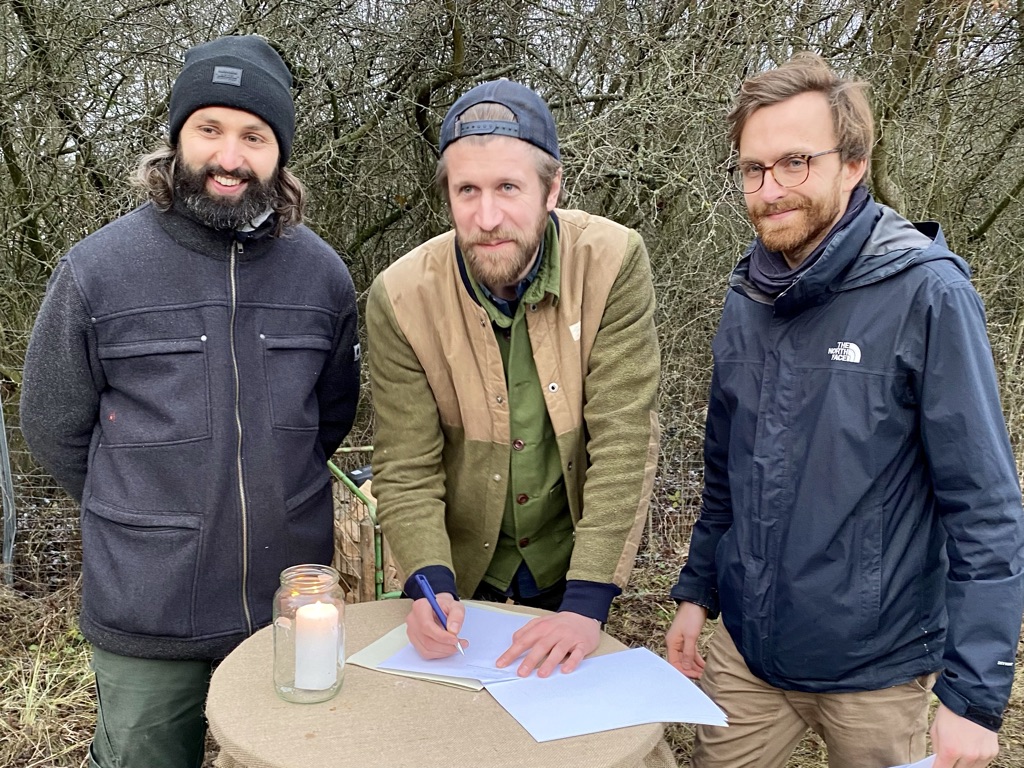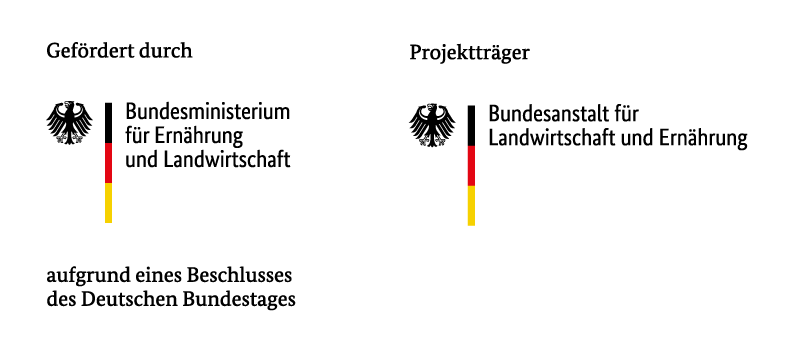


The living lab for regenerative and ecological landuse
Our food system is partially responsible for climate change, as well as degraded soils and the loss of biodiversity. What we need are resilient ecosystems of healthy soil with good biodiversity to form the basis for nutrient-rich food and secure the future of food production. This means finding forms of land use that are regenerative and do not merely maintain the status quo, but build up soil nutrition, are socially beneficial and economically profitable. The Finck Foundation is a non-profit working towards the development of different types of land use.
The focus is on regenerative land use models, such as syntropic agroforestry, holistic pasture management, composting, and the transformation of monoculture forests into resilient mixed species forests.
The core of the foundation’s work is to generate data on the ecological, economic and social effects of these methods. To analyze the benefits environmentally and economically and to communicate these findings.
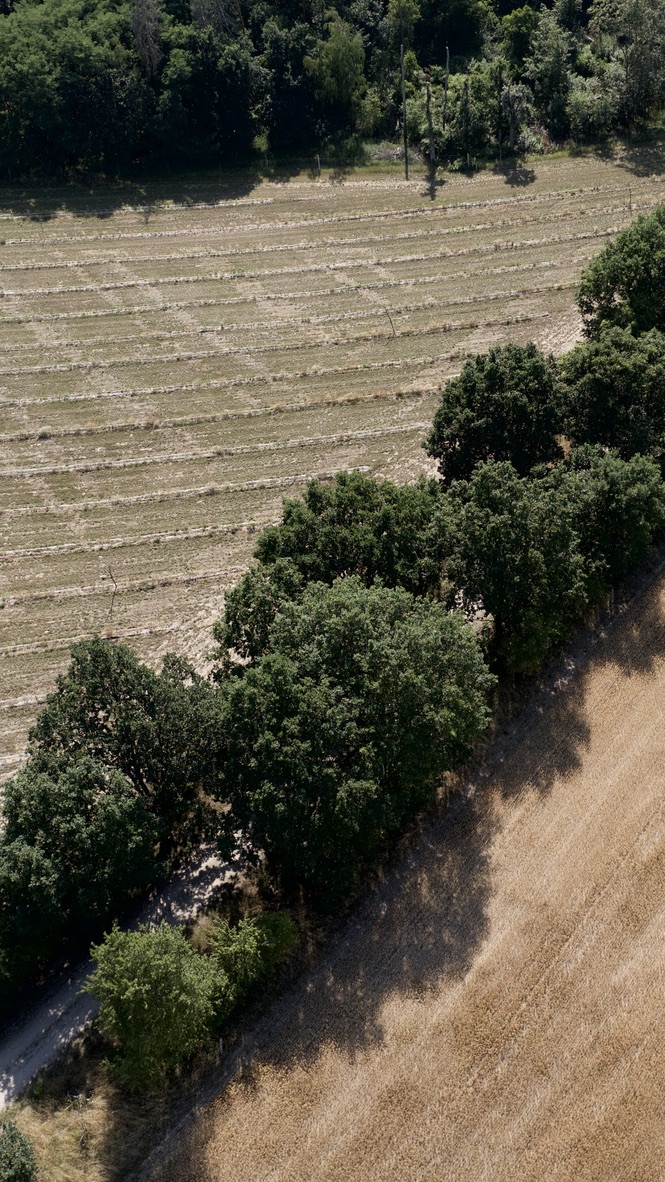
Land use is the biggest lever for addressing the major challenges of our time: the multiple impacts of climate change, biodiversity loss, food system imbalance, health, education, equal opportunities and rural development.
The Finck Foundation is currently focusing on 3,000 hectares of farmland in eastern Brandenburg, Germany. Here the agriculture and forestry suffer with low precipitation and sandy soil. The foundation uses these areas as a living lab for its research, nature conservation and educational work.
News
April 2024
As part of the expert discussion on “Soil Fertility 2050”, the Julius Kühn-Institute (JKI) invited interested parties from research and practice to Berlin on April 9th 2024.
Together with the Parliamentary State Secretary of the BMEL, Dr. Ophelia Nick, the group visited the Finck Foundation’s living lab on the areas of Gut & Bösel in Alt Madlitz. The full press release can be downloaded here.

March 2024
The Demnitzer Mühlenfließ, parts of which belong to the Finck Foundation’s living lab, has been included in the “Global Network of Ecohydrology Demonstration Sites of UNESCO’s Intergovernmental Hydrological Programme (UNESCO-IHP)”.
We are delighted about this honour and the visibility it brings. Together with the Leibniz Institute of Freshwater Ecology (IGB), the Finck Foundation has been investigating how different land use methods affect water availability and groundwater recharge on the land in Alt Madlitz since 2021. Current publications on the calculations of various land use scenarios can be found here.
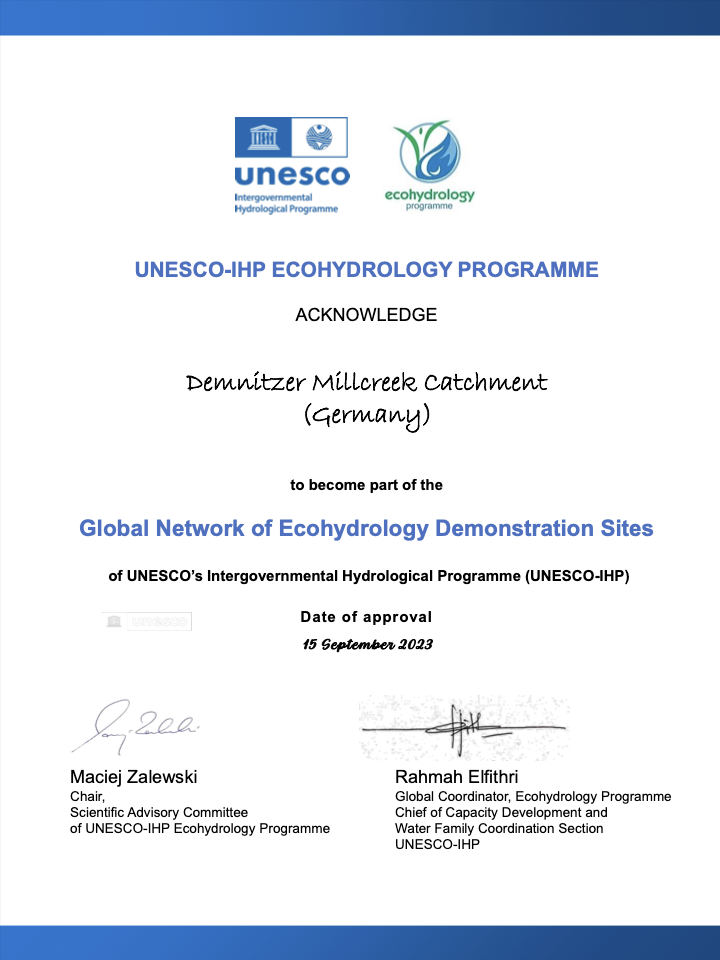
September 2023
On 29.09.2023 Benedikt Bösel was a guest on the Deutschlandfunk program “Umwelt und Verbraucher”.
He spoke with presenter Sandra Pfister about multifunctional land use, the important role of integrating cows and why systemic change is necessary.
You can listen to the entire report here.

August 2023
It was a great honor for us to welcome Mrs. Carola Sand from the Federal Press Office in Alt Madlitz. Under the head line: “Tackle – and give agriculture a future”, the article on the visit can now be read on the page of the Federal Government:
“All research activities of Gut&Bösel are being carried out and coordinated by the newly established Finck Foundation since the beginning of 2021. The focus of the research work is on the various methods of regenerative agriculture. The plan is to pass on the findings to research, education, nature conservation and society according to the open source principle. Education and training are also part of the Finck Foundation’s work, as well as carrying out conservation projects.”
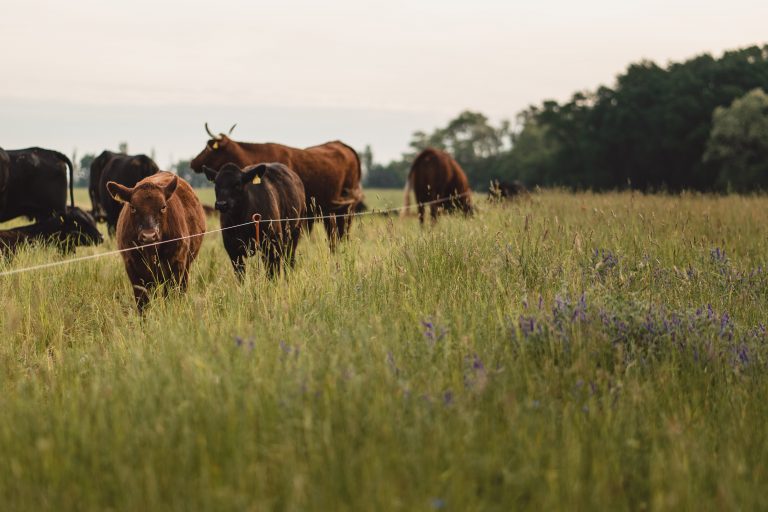
July 2023
The summer workshop within the framework of our research project “DaVaSus“, took place in Alt Madlitz on 24.07.2023.
Together with our partners and the commissioned experts, we planned the ecological and financial data collections in the course of the research project and worked out their evaluations and connection points. They form the basic framework for the designed valuation model of ecosystem services. Further information on the research project can be found here.
In the picture: the team consisting of colleagues from ATB, Finck Foundation, JKI, KTBL, Regionalwert Leistungen and sustainable AG.
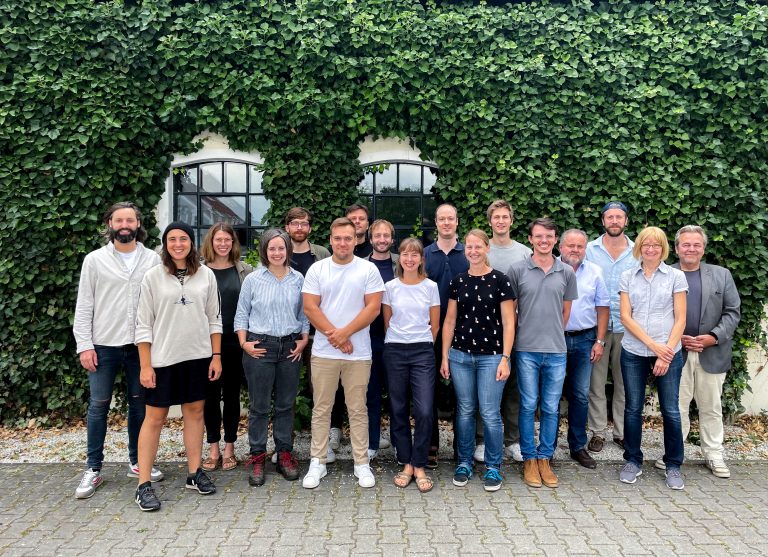
June 2023
We are pleased to welcome Anne Kinscher to the Finck Foundation team as part of the management team. Anne Kinscher brings several years of experience in the areas of process and project management, has led various teams in different functions and, as a creative mind with a heart for people, nature and technology, will analyse the diverse, complex problems together with the team and solve them step by step.
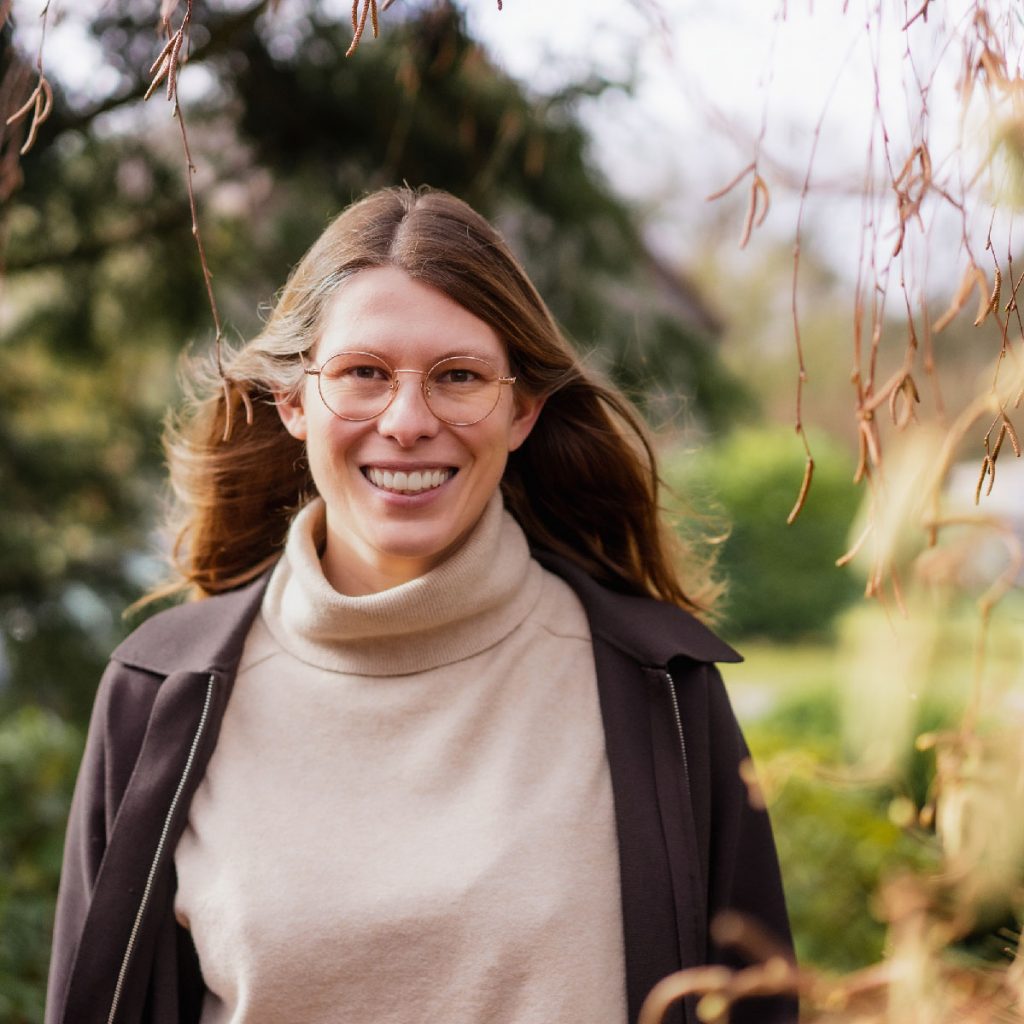
April 2023
On April 17, 2023 Benedikt Bösel was invited as an expert to the hearing of the Committee for Food and Agriculture in the German parliament. The topic was “Securing food supply – maintaining self-sufficiency in Germany and Europe”.
You can find the recording of the public session, as well as the statements of the other experts, via this link.

April 2023
We are expanding our team. Join us to have the opportunity to actively shape macrosocial relevant topics at the interface of regenerative organic agriculture, as well as digitalization and climate protection with our pioneering and dynamic team.
For more information and open calls, please click here.
March 2023
Joint press release of the Federal Ministry for the Environment and the Federal Agency for Nature Conservation on the funding of the agroforestry project “SEBAS” (Stabilization and enhancement of biodiversity and ecosystem services on agricultural land through the creation of diverse agroforestry use structures). The ministry promotes the implementation of various measures in Brandenburg, Germany as part of the Federal Biodiversity Program with the Finck Foundation leading and coordinating the research on agricultural land in Alt Madlitz, Germany. You can find out more about the project here.
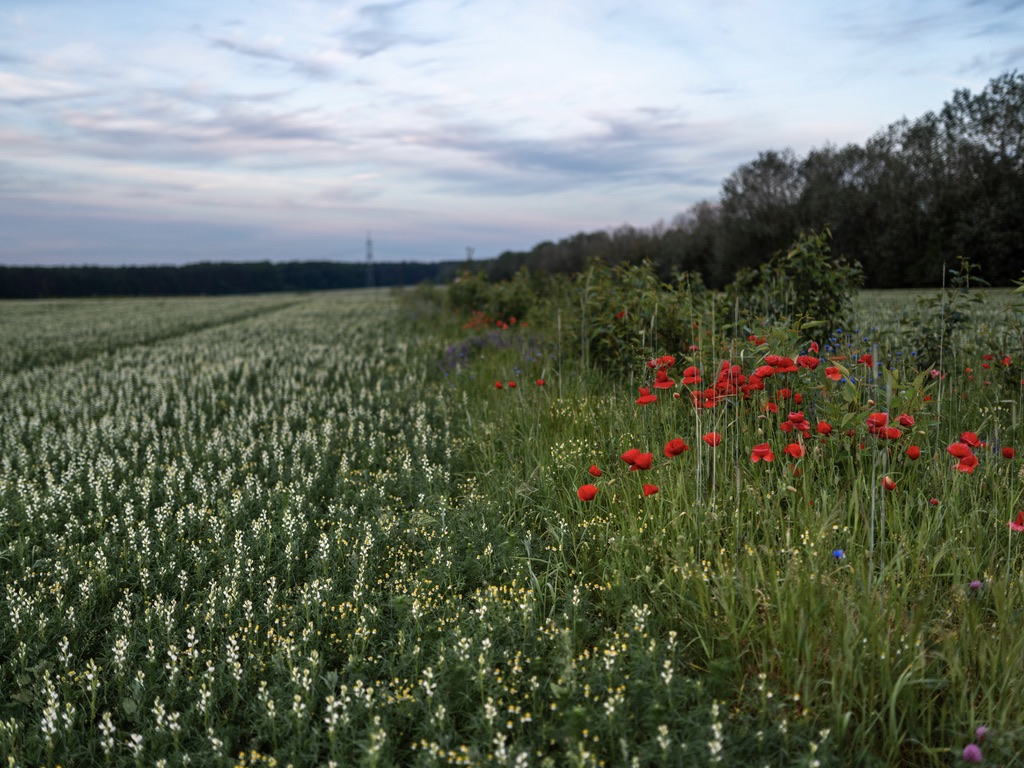
January 2023
Receipt of the grant notification from the Federal Ministry of Food and Agriculture for the DaVaSus project (Data and value-based decision-making for a sustainable land use. This is a data-based assessment of the multifunctional and digital transformation of a farm, using Gut & Bösel in Alt Madlitz, Germany. You can read more about it here.
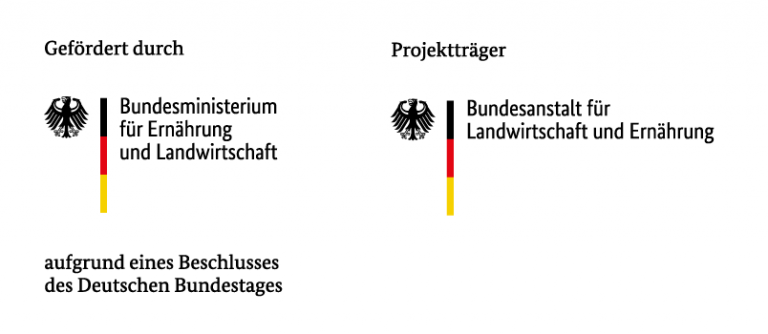
December 2022
We are pleased to announce the signing of the collaboration agreement with the Julius Kühn Institute, the Federal Research Institute for Cultivated Plants. The Finck Foundation and the Institute for Ecological Chemistry, Plant Analysis and Stock Protection promote the mutual exchange in research and teaching.
Picture (f. l. t. r.): Max Küsters, Benedikt Bösel (both Finck Foundation), Dr. Lukas Beule (JKI).
